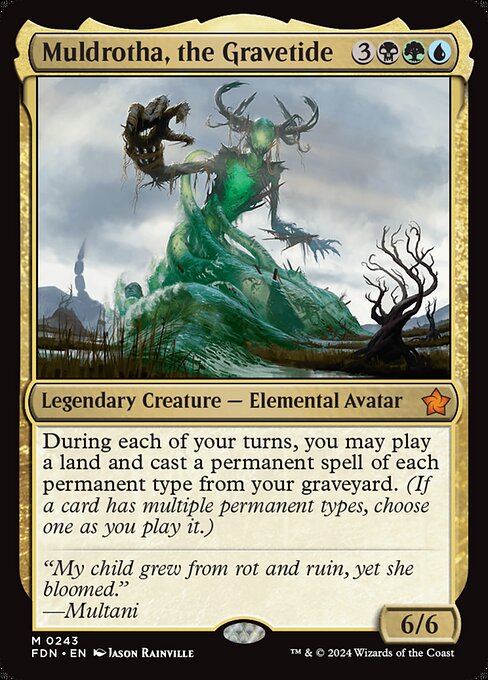Deck & Commander Strategies

Muldrotha, the Gravetide
Utilizes graveyard recursion to repeatedly cast creatures, generate tokens, and gain value from sacrificing permanents. Leverages powerful cards like Sadisi, Brood Tyrant and Gray Merchant for life gain and draining opponents to secure victory.

Ghalta, Primal Hunger
Focuses on ramping aggressively to cast huge creatures quickly. Uses equipment and enchantments to increase damage output and take advantage of Ghalta’s large trample damage to pressure opponents.
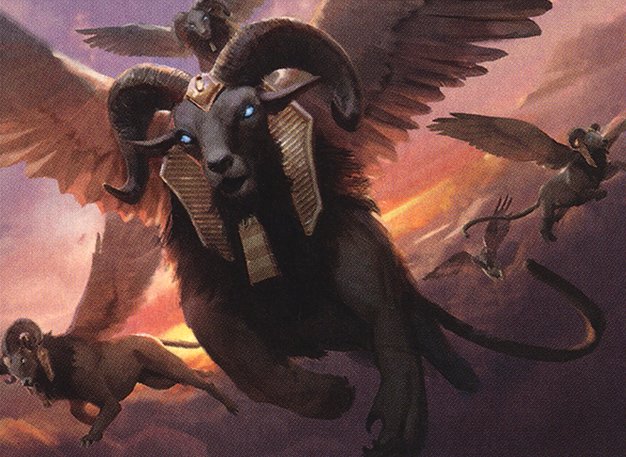
Unesh, Criosphinx Sovereign
Relies on artifact synergies and card selection to control the board and ramp efficiently. Uses mini-factor fiction triggers to filter draws and ramp into mid-to-late game threats.
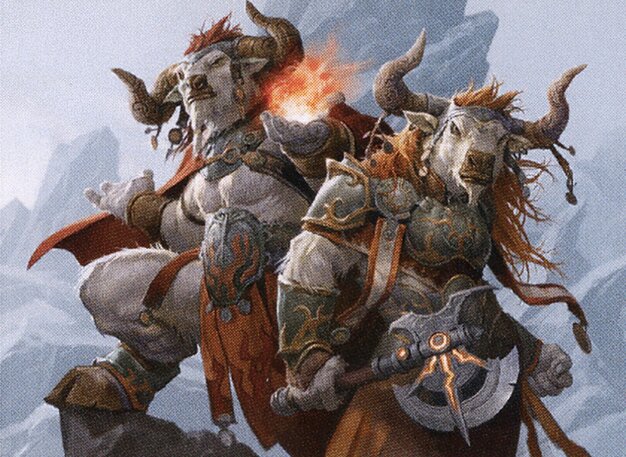
Firesong and Sunspeaker
Combines burn spells and protection to control the battlefield. Uses enchantments and graveyard hate like Scavenger Grounds to disrupt opponents’ graveyard strategies while maintaining steady damage output.
Gameplay Insights
- 1
Muldrotha’s player effectively uses Sadisi's exploit ability combined with Dread Return and Necromancy to generate continuous card advantage and board presence through zombie tokens.
- 2
The use of Doom Whisperer's activated ability to surveil repeatedly allows Muldrotha’s pilot to filter draws and fuel Sadisi’s token generation consistently.
- 3
Ghalta’s player uses Bear Umbra to untap lands during combat, enabling mana ramp and casting of large creatures quickly, culminating in a strong alpha strike.
- 4
Firesong and Sunspeaker’s pilot strategically uses Scavenger Grounds to exile all graveyards, disrupting Muldrotha’s graveyard recursion engine and slowing his momentum.
- 5
Unesh's player benefits from artifact-based card filtering and ramp, but lack of consistent land drops delays key plays, impacting early game tempo.
- 6
Multiple players capitalize on synergy between combat damage, token generation, and graveyard recursion, highlighting the importance of sequencing and resource management in multiplayer Commander.
Notable Cards
-
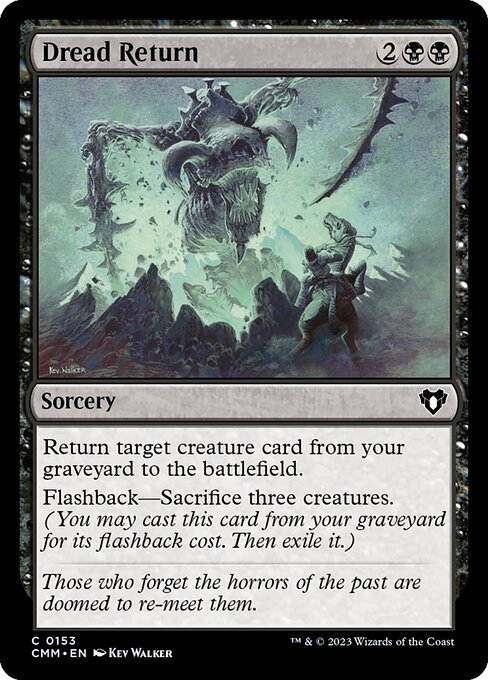
Dread Return
-

Necromancy
-
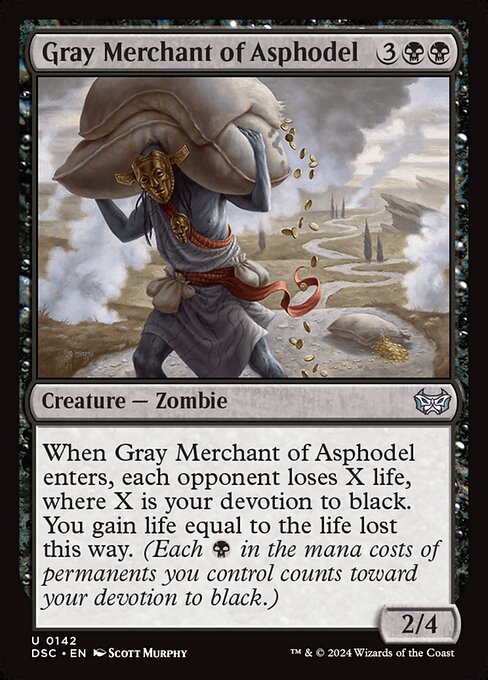
Gray Merchant of Asphodel
-
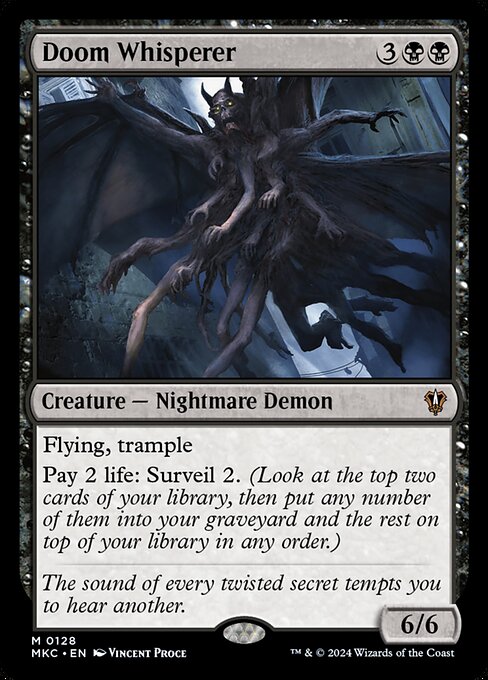
Doom Whisperer
-
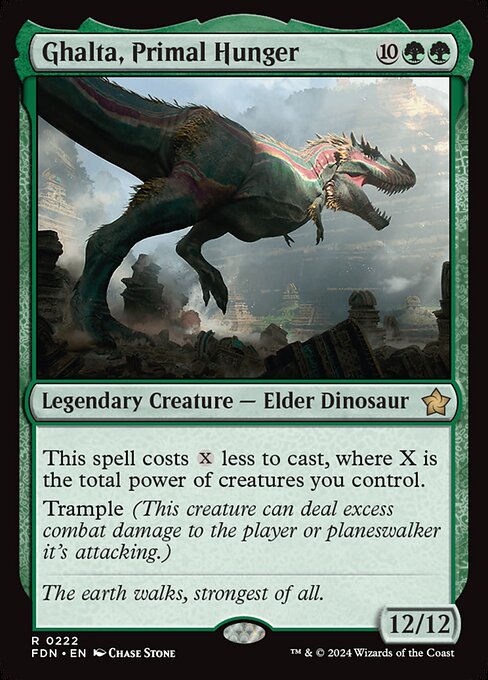
Ghalta, Primal Hunger
-
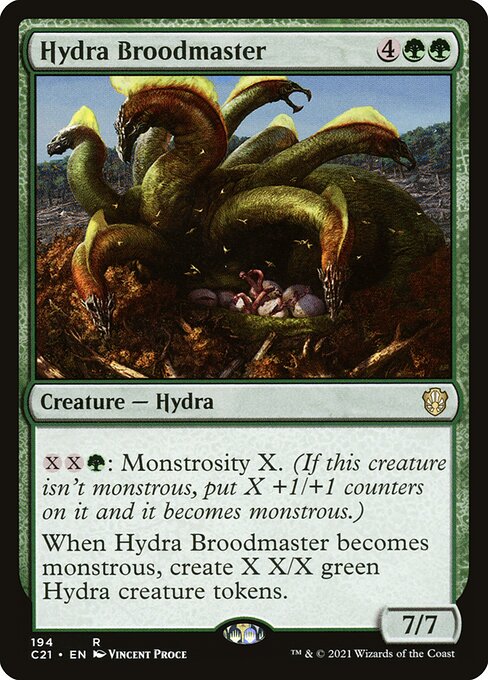
Hydra Broodmaster
-
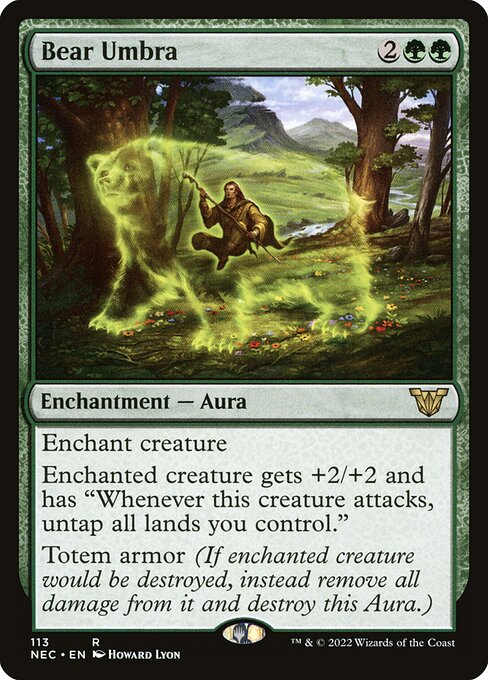
Bear Umbra
-
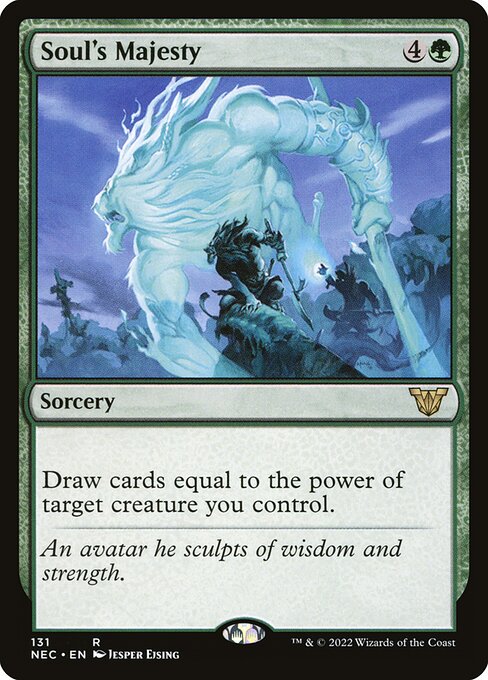
Soul's Majesty
-
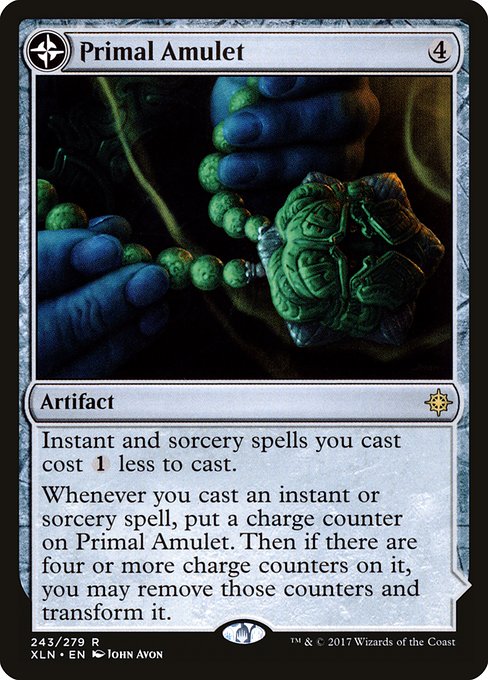
Primal Amulet // Primal Wellspring
-
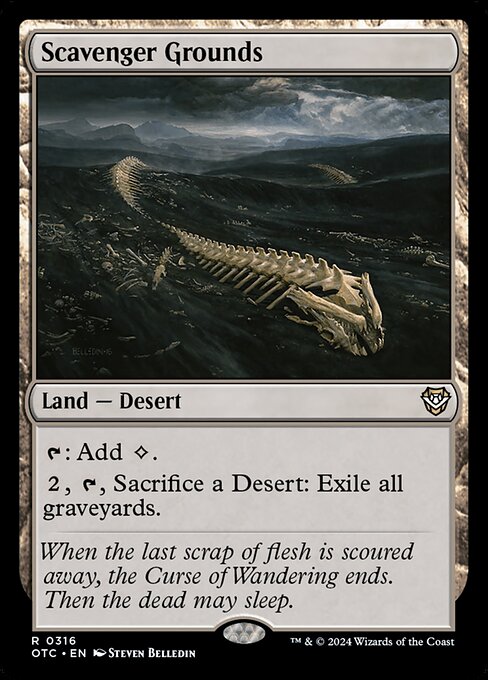
Scavenger Grounds
-
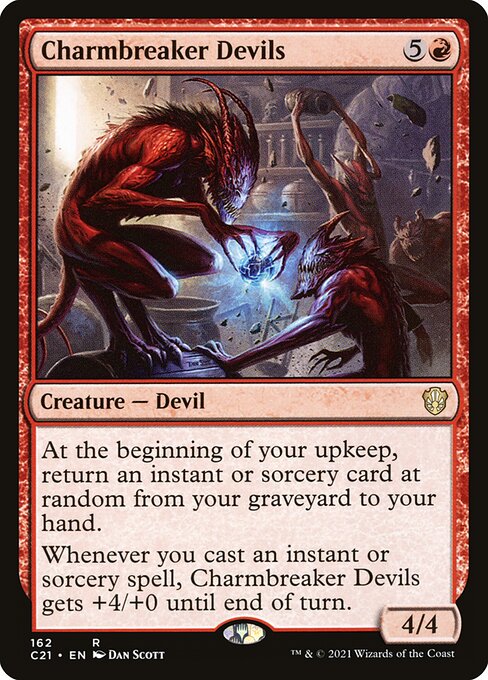
Charmbreaker Devils
-
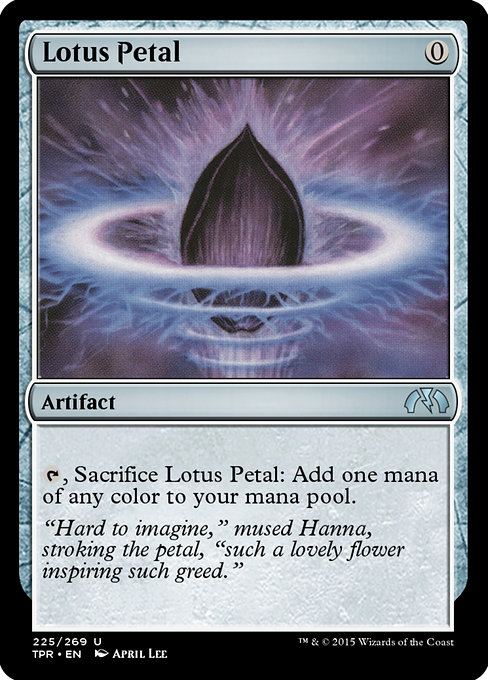
Lotus Petal
-
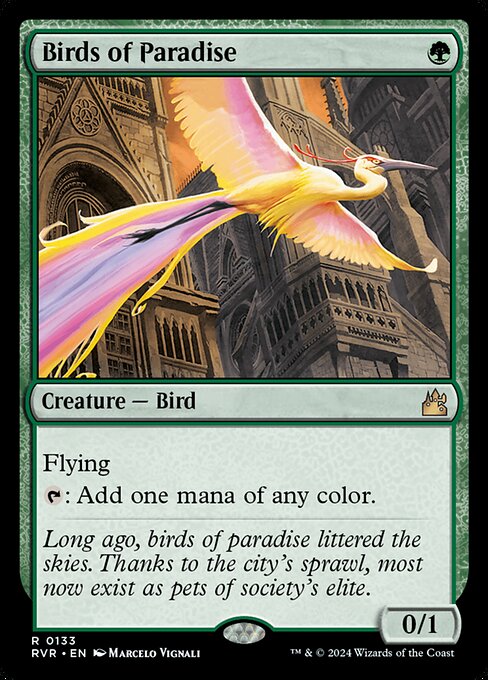
Birds of Paradise
-

Consecrated Sphinx
-
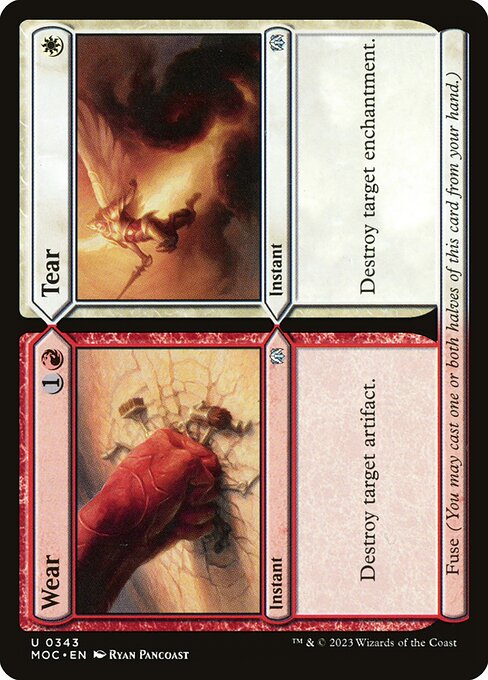
Wear // Tear
-
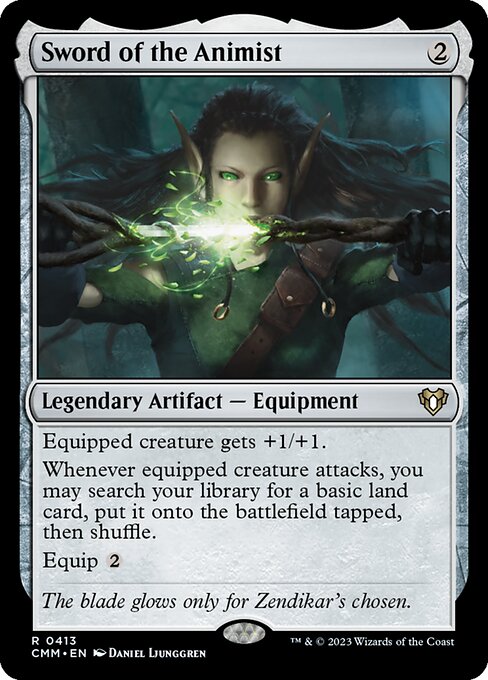
Sword of the Animist
-
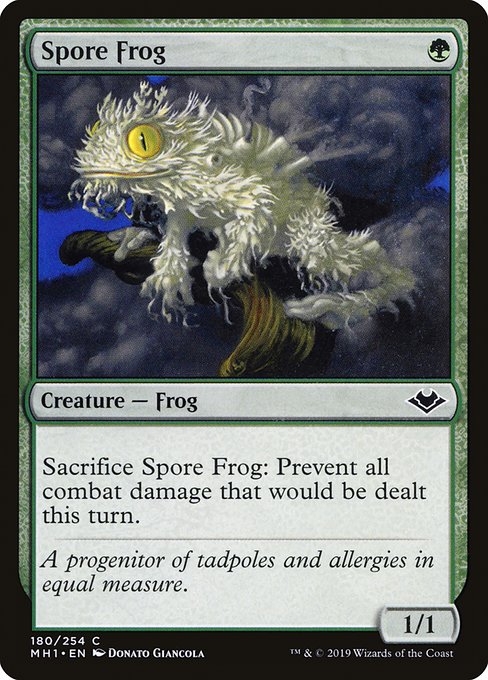
Spore Frog
Gameplay Summary
The game begins with players establishing their board states through ramp and key early plays.
Muldrotha's pilot uses Sadisi, Brood Tyrant to generate zombie tokens while leveraging graveyard recursion and card advantage through Dread Return and Necromancy.
He builds a strong mana base with Lotus Petal, Birds of Paradise, and multiple lands, enabling casting of powerful creatures and spells such as Doom Whisperer and Gray Merchant of Asphodel.
The Muldrotha player gains significant life and drains opponents multiple times, solidifying a dominant board presence. Meanwhile, Ghalta's deck focuses on ramping into big creatures like Hydra Broodmaster and Ghalta herself, utilizing Bear Umbra and Sword of the Animist to accelerate and protect threats.
Unesh's player leverages artifact ramp and card selection through Seat of the Synod and mini-factor fiction triggers, aiming for consistent land drops and value from artifact synergies.
Firesong and Sunspeaker's pilot uses burn spells and protection with Pyromancer's Goggles and Charmbreaker Devils, flashing out powerful enchantments like Primal Amulet and Scavenger Grounds to control graveyards and maintain board presence. Key turning points include Muldrotha's exploitation of graveyard recursion and mass life drain with Gray Merchant, Ghalta's aggressive alpha strike with trample and equipment, and Firesong's graveyard hate that temporarily stymies Muldrotha's strategy.
The game features multiple interactions between graveyard recursion, token generation, and combat tricks, with Muldrotha's combo of Sadisi and Dread Return repeatedly fueling card advantage and resource generation, which ultimately drives the game’s momentum toward his favor.



